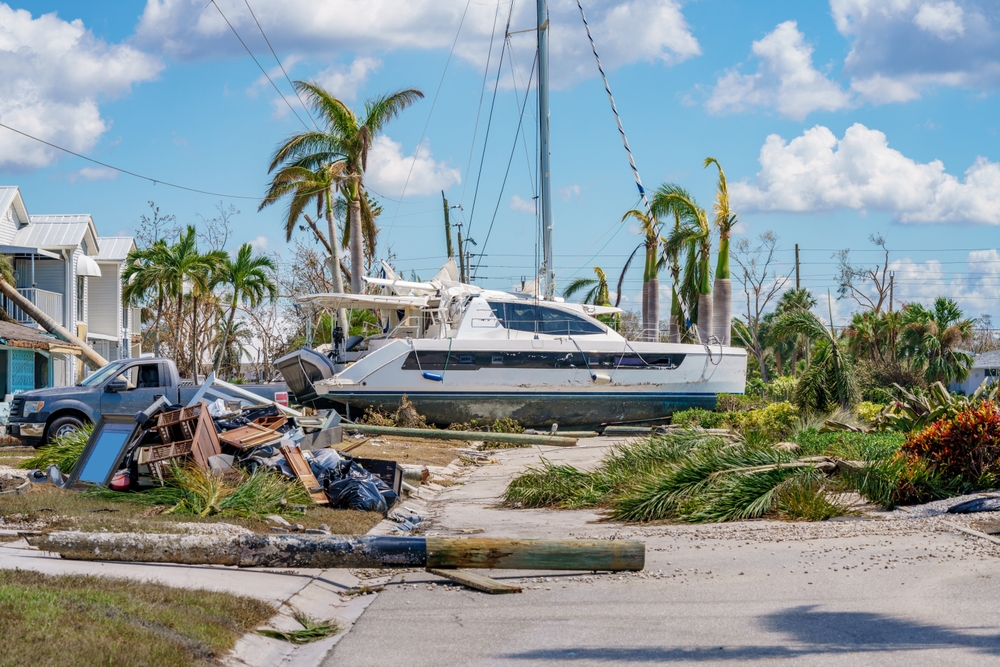$4.5B Estimated In Insured Losses After 2024 Florida Hurricanes

According to the Florida Office of Insurance Regulation, the three hurricanes that made landfall this year have caused more than $4.5 billion in estimated insured losses.
Hurricane Debby, Helene and Milton all hit the state within two months of each other Helene and Milton struck just two weeks apart.
State data show that over 269,000 insurance claims related to Milton were filed and roughly 130,000 from Helene while Debby was responsible for 21,000 claims. However, these claims will only represent a portion of the total costs.
“What we’ve seen after these types of flood events is most people, more than 90% of people, rely on their own savings or borrowing in the private market to help recover from these types of losses,” said Charles Nyce, a Florida State University professor in a recent Weather.com article.
These numbers don’t currently include flood insurance claims because most flood insurance is sold by the National Flood Insurance Program (NFIP) which is run by the federal government, and they tally their damages separately. According to the Federal Emergency Management Agency, as of Oct. 25 a total of 54,000 flood claims had been filed from Hurricane Helene.
The lack of flood insurance is a major reason that homeowner claims are being denied, as flood and storm surge damage is always excluded from homeowners coverage.
“So, in general people are not well versed on insurance,” Nyce said in the recent Weather.com article. “They don’t understand that the homeowners policy doesn’t cover everything.”
Storms are getting stronger
As climate change takes hold, scientists say that it is fueling more intensive storms that develop rapidly and bring massive rainfall.
“For example, in less than three weeks, we’ve seen four separate tropical cyclones – Milton, Oscar, Kristy and Kong-rey – rapidly intensify in three different ocean basins,” Weather.com senior meteorologist Jonathan Erdman said in the recent Weather.com article.
Insurance may need to change
Climate change may require the restructuring of homeowners insurance to help keep costs affordable but beefed-up building codes may also be required. “At the end of the day, it’s prevent the damage in the first place, preventing the physical damage through updated building codes, through more investments and things like flood mitigation and preparedness programs,” said Jeff Schlegelmilch, director of the National Center for Disaster Preparedness at Columbia University in the Weather.com article.
Billion-dollar disasters are on the rise, and it will not just be Florida that experiences future catastrophes. “It’s not just hurricanes that are driving the volatility and losses” in insurance, Nyce said in the Weather.com article. “This is happening in big portions of the United States that we’re not used to seeing these types of losses.”
